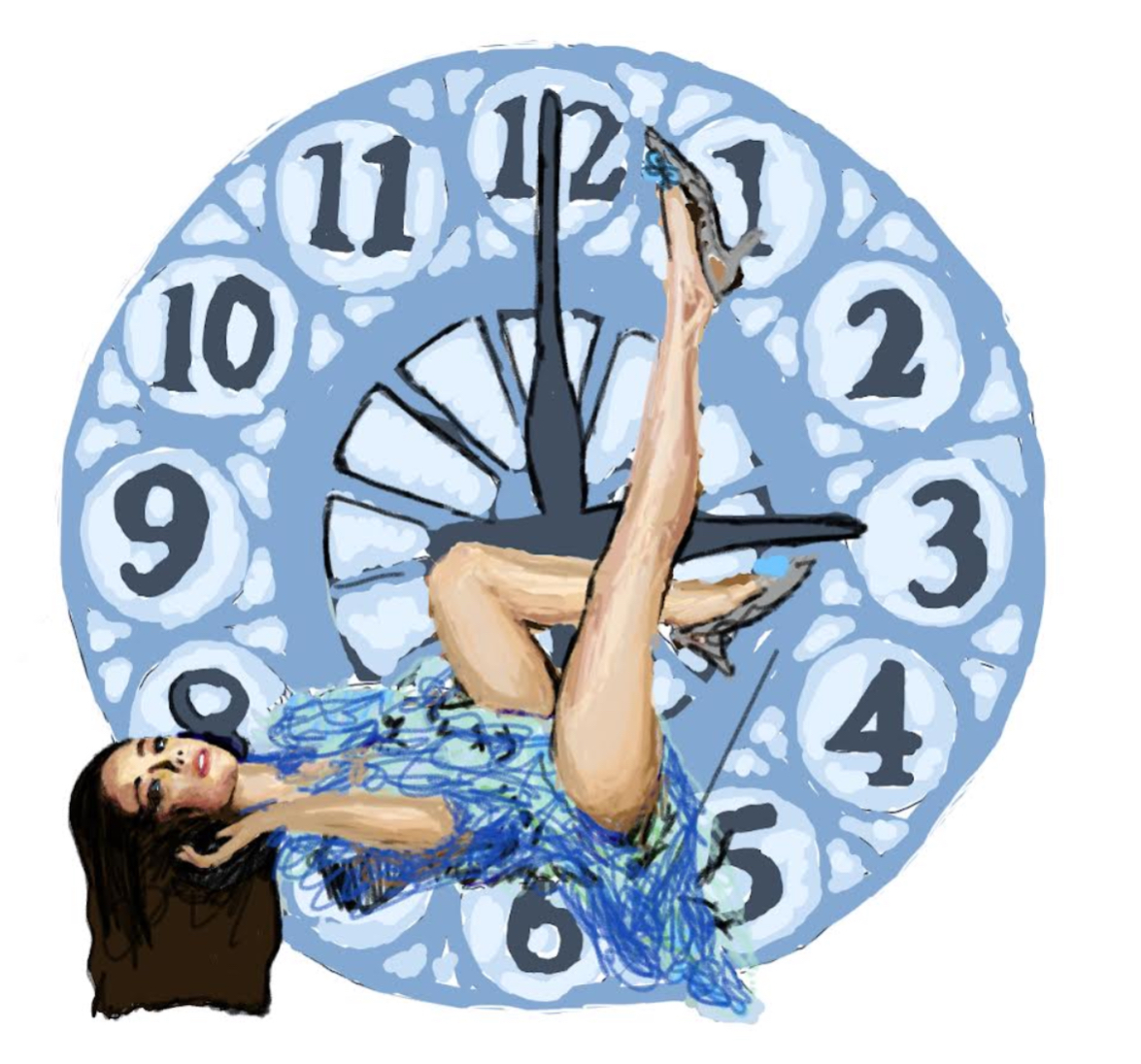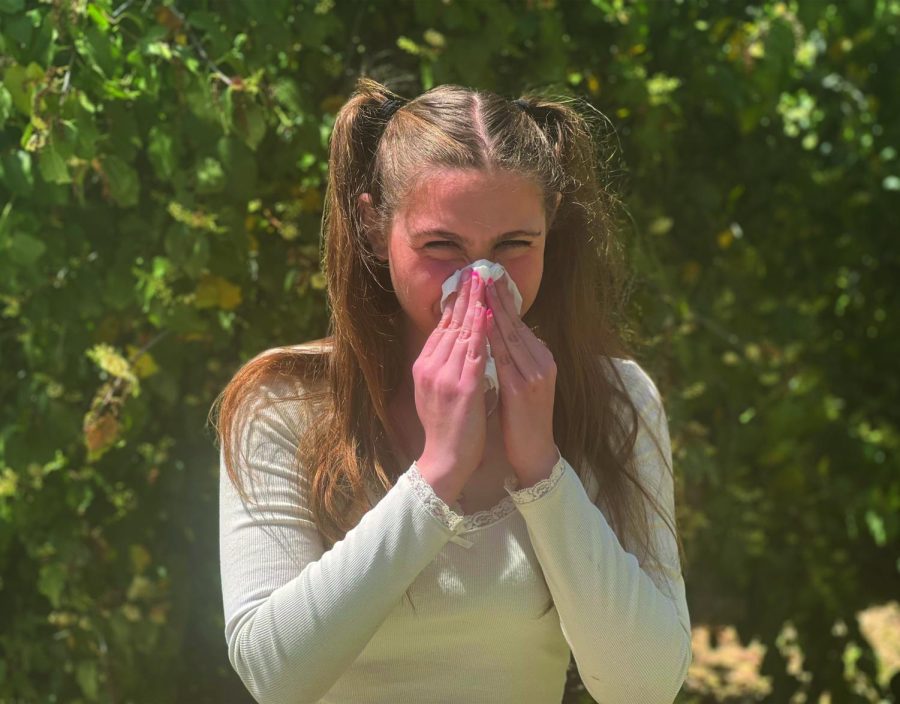Seasonal Struggles
As we get out of our long winter months the many weeks of rain bring us a wide array of blooming plants. Since the increased rainfall, with some parts of the state receiving twice the usual rain, there has been a much more abundant flowering season. Specifically this year there has been an excessive amount of flowers opening in a phenomenon known as the “Super Bloom.” This time of year can be beautiful as well as crucial to future plant growth, however, there are a few downsides to the bloom occurring.
With the increased amount of flowers this spring, there is also a substantial increase in the amount of pollen in the air. This can be beneficial to the ecosystems of California but highly frustrating to those who suffer from seasonal allergies. When the pollen enters the nose of someone allergic, the immune system sees the pollen as a danger and sends antibodies to attack. This process is what causes the symptoms.
The most common symptoms include itchy, watery, or red eyes, sneezing, and an itchy throat. More severe symptoms can lead to difficulties breathing, headaches, and temporary loss of smell.
Junior Jaden Elliston mentions “It can be really hard to breathe sometimes.”
Although most of the common symptoms of seasonal allergies are not necessarily dangerous, more severe reactions can cause people to be hospitalized. This could be more of an issue in the future months until the blooming is completely over.
According to Scientific American, “seasonal allergies are poised to land more people in the emergency room as temperatures rise.”
Another group that is affected during this time of year is people with year-round allergies. Although this group experiences allergies all year the springtime can be additionally jarring due to their heightened sensitivity.
“I have allergies year round but they can get worse around spring. I hate when people think I am sick all of the time,” explained Sofia Prober, a junior.
There are ways to manage seasonal allergies without having to suffer through the symptoms. Some medications can include antihistamines which help with reducing sneezing and itching.
Decongestants and nasal sprays can also be effective in relieving congestion and swelling while eye drops can ease eye irritation. A more long-term solution can be immunotherapy which is when you gradually increase the dose of the allergen, in this case, pollen, until your body does not react to it.
Natural remedies can also be effective when dealing with seasonal allergies. Simple air filters and maintaining a clean area can be useful to decrease the amount of pollen around. Other solutions can include essential oils, acupuncture, and probiotics. According to the National Library of Medicine, a 2015 review of studies indicates that probiotics can improve allergy symptoms. Another remedy is a shrub known as butterbur which has been found to be an effective solution for itchy eyes.
All of these can be used to help manage the symptoms experienced during this time of year. Even though allergies can be highly discomforting for some and even dangerous for others, there are methods to subside the effects so that everyone can enjoy spring.
Your donation will support the student journalists of San Marcos High School. Your contribution will allow us to purchase equipment and cover our annual website hosting costs.

Avital is a 12th grader at San Marcos High School. She has been a guest writer for the King’s Page since the spring of her sophomore year and is now...

























